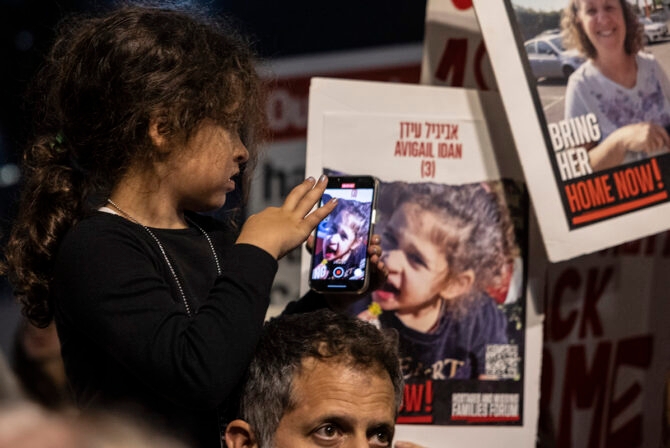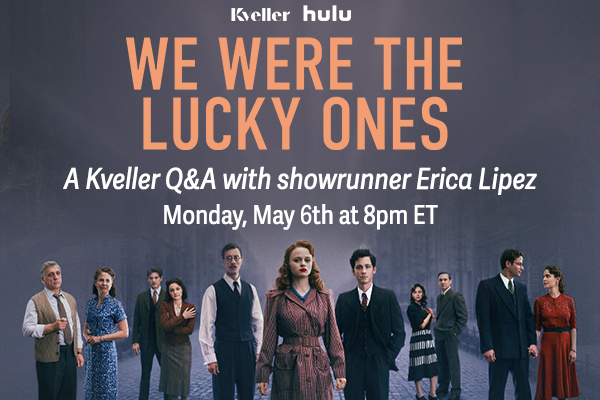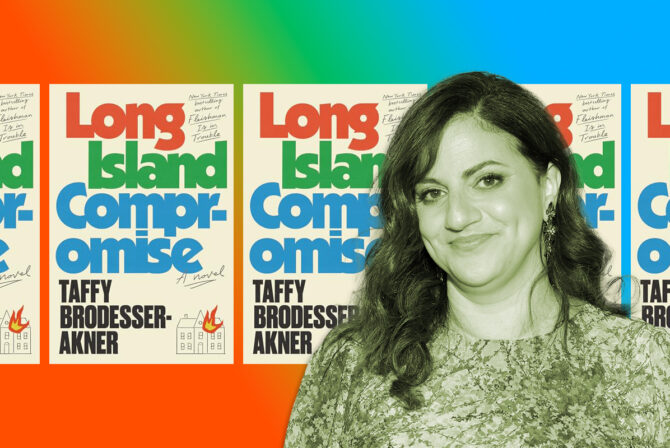“What are you?”
When asked this question, I always say that I am an American Jew. As the fourth generation to be born in New York, I don’t align myself with other countries. Many European nations expelled their Jewish populations. If they didn’t want my family, why would I claim them now? But my answer masked a simpler truth: For most of my life, I didn’t know where I came from.
Relationships with my father’s family were strained. I didn’t want to hurt him by dredging up a past best left buried. Details trickled out over the years, and I had to be satisfied with those. I had lots of contact with my mother’s side, but my mother never asked about our immigration story. This completely baffled me, but she lived her life surrounded by a large family. She never wondered about those that were gone.
I did, but I had no one to talk to. My grandfather died when I was 12. I thought his last name was changed at Ellis Island, but no one was sure. My grandmother’s memory was uncertain; I got inconsistent replies to my questions. Then she, too, passed away. My search was indefinitely paused.
Years passed. And then, out of nowhere, we got a call. A distant relative of my mother’s was building a family tree. They wanted my family’s names and birth dates, perhaps a picture. He promised he’d send us a copy of his work. When it came, I laid it out on the floor. After twenty-seven years of ambiguity, there it was: eight sheets of paper, with names, birth dates, birth places, and images. My history. My family was traced back to my great-great grandparents in Lithuania. A “Fiddler on the Roof”-inspired image of a shetl was replaced by fact: they were city dwellers, from Kovno. They had six sons.
I still wasn’t content. Giving me the tree was like offering a steak to someone starving: I fell on it ravenously, but when I finished, I wanted more. I immediately went to Google, and found two websites that would help me discover more details: EllisIsland.org and Ancestry.com.
I discovered that my great-grandfather and his brothers all immigrated to the United States as teenagers, coming over one at a time. My great-grandfather was the last, arriving right before the outbreak of WWI. The brothers lived together until their marriages, then scattered across New York City. They started a business that my grandfather and his brother would one day run.
My family tree and my notes were placed in my file cabinet, in a folder, and it rested there for a while. I got married. I became pregnant, and my search for a name for my unborn daughter had me examining the tree again.
Once more, I laid out the papers. I scoured the names. My great-great-grandfather died before his sons left for the United States, and had many descendants named in his honor. But his wife’s was strangely missing. I scrutinized the dates, and realized that she spent the last two decades of her life in Europe. She lived alone, long after her grandchildren were born an ocean away.
Perhaps she foresaw what would come. She must’ve known that once her sons boarded those ships, she would never see them again. I rubbed my pregnant belly, saddened by my thoughts. I knew, if I had to, I would make the same choice, to my child a better life. But it seemed she was completely forgotten.
My older daughter is named, in part, for my great-great grandmother. They share a first initial. I wanted my child to know where she comes from. I want her to remember. My daughter’s future is not written by our past, but I wanted her to have a link. When someone asks me what we are, we can now say that we’re Lithuanian, Russian, and French. But I am more. We are more. We are American Jews.
Like this post? Get the best of Kveller delivered straight to your inbox.







